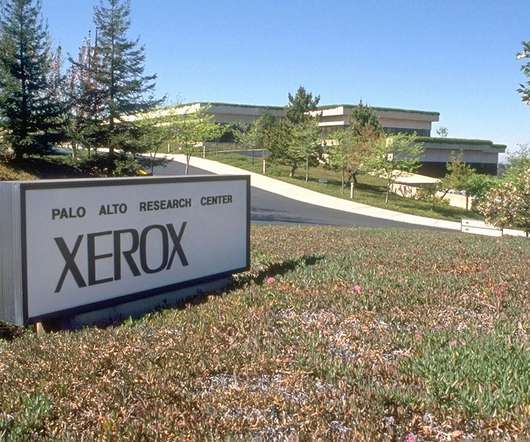DOE awarding >$24M to 77 projects through Technology Commercialization Fund
Green Car Congress
JULY 10, 2019
Commercializing 3D Printable Feedstocks for the Advanced Manufacturing of Energy Products, $300,000 MilliporeSigma, St. Louis , Mo. Quanex Building Products Corporation, Houston, Texas SCP SYS LLC, San Francisco, Calif. MetalTek International, Watertown, Wis. San Jose, Calif. Sunrun, San Francisco, Calif.











Let's personalize your content